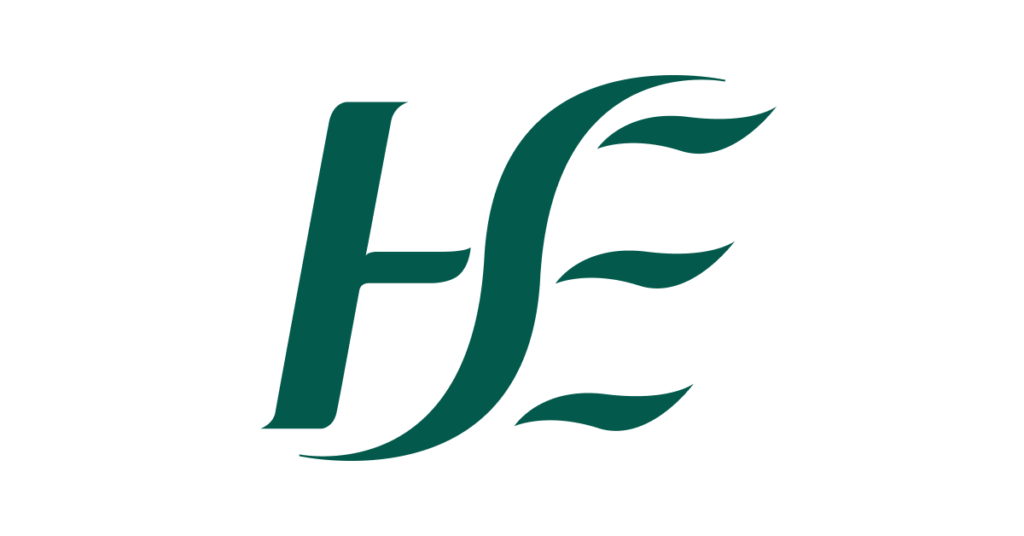INVITATION to property owners of MARKET STREET and PARK STREET, Monaghan – Consultation Meeting
INVITATION to property owners of MARKET STREET and PARK STREET, Monaghan You are invited to attend a consultation meeting on WEDNESDAY 02 NOVEMBER 2022 @ 6:15 p.m. at Market House, Monaghan […]
National Biodiversity Priorities – Opportunities for public submission of views
National Biodiversity Plan The draft NBAP sets out a vision for an Ireland in 2050 in which biodiversity is valued, conserved, restored, and sustainably used maintaining ecosystem services, sustaining a […]
Your Village … Your Views … Our Future We want to hear from YOU! Rockcorry Vision Plan
Monaghan County Council has identified the need for a Vision Plan for Rockcorry. The Plan will outline the priorities for development in terms of village regeneration, enhancement, community facilities and […]
Your Village … Your Views … Our Future We want to hear from YOU! Drum Vision Plan
Your Village … Your Views … Our Future We want to hear from YOU! Drum Vision Plan Monaghan County Council has identified the need for a Vision Plan for […]
Siro Announces €6 Million Investment In New Full Fibre Broadband Network For Carrickmacross And Monaghan Town
5,300 homes and businesses will have access full fibre-to-the-premises broadband Build already underway in Carrickmacross, with Monaghan town to follow Tuesday, 25 October – SIRO, the broadband network operator, has […]
Draft IAE Regional Tourism Strategy
The draft Ireland’s Ancient East Regional Tourism Development Strategy is now nearing completion and it, along with the draft Strategic Environmental Assessment, has been published and is open for public […]
N2 Ardee to Castleblayney Road Scheme – Initial design to be made available on Project Website
N2 Ardee to Castleblayney Road Scheme – Initial design to be made available on Project Website Monaghan County Council, in association with Louth County Council, and in partnership with Transport […]
Book of Condolence for Creeslough Victims – Monaghan County Council
The Cathaoirleach of Monaghan County Council Cllr. Sean Conlon has opened a book of condolences to allow the people of Monaghan to express their sympathy and solidarity with the people […]
HSE issues Public Health advice following bacterial meningitis notifications

Wednesday, 5th October 2022 HSE issues Public Health advice following bacterial meningitis notifications Meningococcal notifications – week ending 1st October 2022 The HSE has confirmed that it is investigating four […]
LOUGH MUCKNO PUBLIC CONSULTATION EVENT – Strategic Planning and Environmental Appraisal of Concept Development Proposals at Lough Muckno, Castleblayney, Co. Monaghan
Monaghan County Council, in conjunction with Failte Ireland, is undertaking a feasibility study on a potential tourism and recreation proposal for the Muckno Estate, Castleblayney, Co Monaghan. As part of […]
HSE’s Winter Vaccination Programme – Older people and at-risk groups urged to protect themselves against both flu and COVID-19 by getting their vaccines
Wednesday, 5th October 2021 HSE’s Winter Vaccination Programme Older people and at-risk groups urged to protect themselves against both flu and COVID-19 by getting their vaccines The HSE’s winter vaccination […]
Reminder Closing tomorrow – 30th Sept – Conservation Advice Pilot Programme Grants
The Department of Housing, Local Government, and Heritage has announced a pilot scheme to provide grants of €3,000 (ex. VAT) for expert conservation advice on protected structures in private ownership. […]
Comhairle Contae Mhuineacháin Monaghan County Council – Notice under Section 15(1) (a) of the Derelict Sites Act, 1990 (as amended)
Notice under Section 15(1) (a) of the Derelict Sites Act, 1990 (as amended) NOTICE OF INTENTION TO ACQUIRE DERELICT SITE COMPULSORILY, UNDER THE DERELICT SITES ACT 1990, AS AMENDED Notice […]
Castleblaney: Irish Water’s next stop on leakage reduction journey
Issued Tuesday, 27 September 2022 – Securing the water supply across County Monaghan remains a top priority for Irish Water as the intensive campaign to drive down leakage and improve the […]
Part 8 – MCC proposes to carry out development at Churchill and Millbrook Upper, Clones, Co. Monaghan
COMHAIRLE CHONTAE MHUINEACHAIN MONAGHAN COUNTY COUNCIL Part XI Planning and Development Act 2000 (as amended) Part 8, Article 81 Planning and Development Regulations 2001 (as amended) Monaghan County Council hereby […]
Visioning Report for Lough Muckno Estate, Castleblayney – CONSULTATION EVENT NOTICE
Monaghan County Council, in conjunction with Fáilte Ireland, is undertaking a feasibility study on a potential tourism and recreation proposal for the Muckno Estate, Castleblayney, Co Monaghan. As part of […]
5 Monaghan County Council Projects Shortlisted for Chambers Ireland Excellence in Local Government Awards 2022
Monaghan County Council is delighted to be shortlisted in 5 award categories in the 2022 Excellence in Local Government (ELG) Awards. The Awards, sponsored by the Department of Housing, Local […]
Temporary Closing Of Roads – R193 Rockcorry to Ballybay Road: From its junction with the R190 Ballybay / Cootehill road to its junction with the R188 Monaghan / Cootehill road in Rockcorry Village.
Monaghan County Council wishes to advise of the following road closure in the Municipal District Ballybay – Clones in County Monaghan: Date: For 1 Day only on a date between […]
Closure Notice Car Park at Civic Offices, Carrickmacross
Monaghan County Council wish to notify the public that the car park at the Civic Offices, Carrickmacross shall be closed to vehicular access, from 6pm on Saturday the 10th September […]
Public Alert: Drinking Water Restriction – Three Mile House & Togan
Public Alert: Drinking Water Restriction Irish Water and Monaghan County Council Three Mile House & Togan PUBLIC WATER SUPPLY SCHEME Date of Drinking Water Restriction Notice: 2nd of September 2022 […]
Cavan Monaghan Divisional Centenary Event in Carrickmacross
11am Centenary Parade – Commencing at Carrickmacross Court House passing through Carrickmacross Main Street and ending at Carrickmacross Civic Offices. Parade featuring the Garda Band, Regional Ceremonial Unit, Garda Members, […]